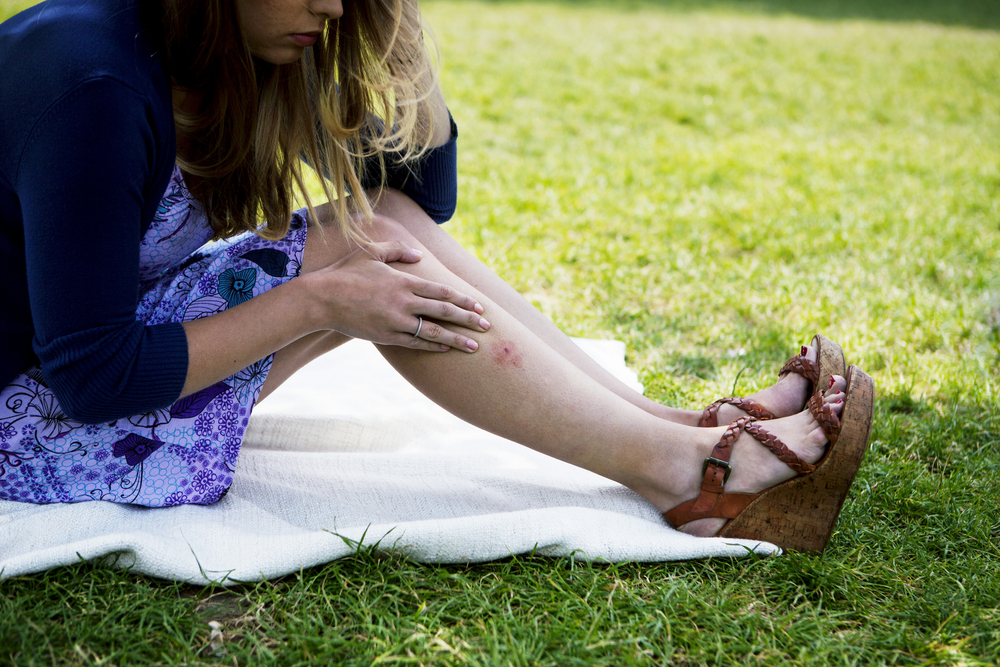Common Travel Ailments
As fun and exciting as traveling is, there are certain concerns that go along with that such as avoiding getting sick when you least want to. You’re supposed to be enjoying your vacation, not be in pain while wondering if you need to see the nearest doctor. One of the best ways to avoid getting an ailment is to take preventative measures. The following are some of the travel ailments you need to be careful of, tips to prevent them from happening, and what to do if you find yourself with one of them.

Food Poisoning
Food poisoning can happen whether you’re home or away, but when you’re off trying new foods and experiencing different cuisines, your body may not enjoy it so much. In order to prevent food poisoning, make sure to do proper research on all eateries at which you’re planning on dining and check that they have all their health and safety measures in place. In addition to being careful what foods and drinks you consume, you should also avoid eating or drinking anything that doesn’t look or smell right. Should you get food poisoning, you’re going to need to replace the fluids lost so you don’t get dehydrated. In severe cases, seek medical attention immediately. Whether or not the case of food poisoning is severe, if you’re pregnant, have a health condition, or you’re elderly, it’s a must to see a doctor.
Diarrhea
Travelers getting diarrhea is so common that there’s actually a name for it: Montezuma’s Revenge. Typically it occurs because of bacteria that’s found in food or water, but it doesn’t just occur from sitting down to a plate of food or sipping water from a glass. It can also happen through other ways, such as brushing your teeth with the water. It’s a must to make sure all food is properly cooked, don’t get ice in your drinks, and eat foods that are cooked, not raw. Should diarrhea happen, eat bland foods, stay hydrated, and seek medical attention if the issue isn’t resolved.
Sunburn
Remembering to put sunscreen on and take other sun safety measures while you’re home is relatively easy, but when you’re traveling and your normal routine is disrupted, that’s when it’s going to take even more effort to stay on top of everything. You should apply sunscreen that has an SPF 30+ about 30-minutes before you go outside and reapply it every two hours or after you go swimming or you sweat. To make sure you remember, consider setting an alarm on your watch or cell phone. If the sunburn is really bad, a doctor’s visit is in order.

Insect Bites
Depending on where you live, you may not be used to some of the insects that could come with visiting a different locale. For example, you may encounter mosquitoes that are carrying diseases that are not typically near your home. The best thing you can do is research on the area that you’re traveling to as well as talk to your doctor beforehand to find out if you need vaccinations. Be aware of the insects you may come in contact with and adhere to preventative measures, such as using mosquito netting, using insect repellent, and wearing long pants, so you could avoid any problems. If you get bit, especially if you’re pregnant, have a health condition, you’re elderly (or you’re traveling with someone very young and they get bit), or the bite looks or feels horrible, it’s best if you immediately see a doctor.
When it comes to getting ill while traveling, you may not want to take chances by trying to treat the issue yourself. Local doctors are familiar with the ins and outs of everything from insect bites to severe sunburn whether it’s from tourists or locals themselves, so with your health on the line, it’s better to be safe. You should also visit your doctor before you travel to see if you need any particular shots and again when you get home for a check-up. Make sure to let your doctor know where you’ve been and what activities you did while you were traveling.
POST A COMMENT
You must be logged in to post a comment.




